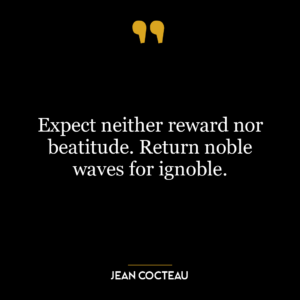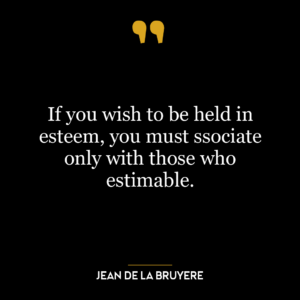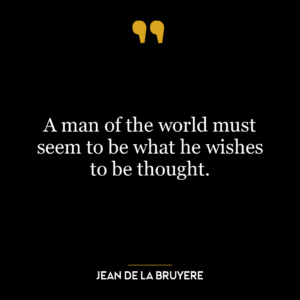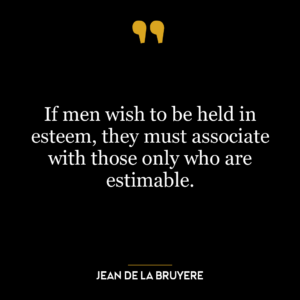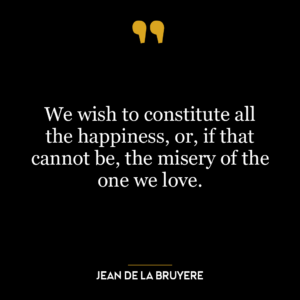This quote, “I do not wish any reward but to know I have done the right thing,” is a profound reflection on the nature of morality and personal satisfaction. It suggests that the act of doing the right thing itself should be the ultimate reward, rather than any external validation or material gain. It’s about the inner peace and contentment that comes from knowing you’ve acted in accordance with your principles and values.
In essence, it’s a call to intrinsic motivation, the idea that we should act out of internal drives such as personal satisfaction, moral duty, or the love of the task itself, rather than external rewards or punishments. This is in contrast to extrinsic motivation, where actions are driven by external rewards such as money, fame, or recognition.
Applying this principle in today’s world or in personal development could mean focusing on the inherent worth of our actions rather than seeking external validation. For instance, in a world increasingly dominated by social media where likes, shares, and comments often dictate the value of an action, one might choose to do good deeds not for the recognition or praise they might receive, but simply because it’s the right thing to do.
In personal development, this could mean pursuing a path that aligns with one’s values and passions, even if it’s not the most lucrative or prestigious. It could also mean standing up for what’s right, even in the face of opposition or when it’s unpopular.
In a broader societal context, this quote could be a reminder that doing the right thing often requires courage and integrity, and that the ultimate reward is not always tangible or immediate. It might be the satisfaction of knowing you’ve contributed to a better world, or the peace of mind that comes from living in alignment with your principles.
In conclusion, this quote serves as a powerful reminder that the true reward lies not in external recognition or material gain, but in the knowledge that we have acted rightly and in accordance with our values.





